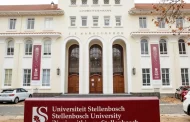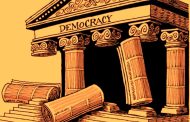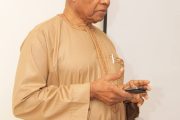Sierra Leone is set to announce its position on the decision of Francophone countries adopting the single West African currency, Eco. It will do this on January 16th, 2020 shortly after a meeting of Governors of the Central Bank of West African Monetary Zone comprising The Gambia, Ghana, Guinea, Liberia, Nigeria and Sierra Leone.
Until that meeting and until the Sierra Leonean National Parliament legislates, the country is retaining its current currency, The Leone.
 Kelfala Kallon, the Governor of the Central Bank of Sierra Leone explained in a statement that it is to discuss the implications of the decision of the Francophone countries that the January 16th, 2020 meeting has been called, indicating clearly the participation of the Bank of Sierra Leone.
Kelfala Kallon, the Governor of the Central Bank of Sierra Leone explained in a statement that it is to discuss the implications of the decision of the Francophone countries that the January 16th, 2020 meeting has been called, indicating clearly the participation of the Bank of Sierra Leone.
The decision of the Francophone countries to adopt the Eco even when that will peg the fate of the Eco to that of the CFA Franc/Euro which is stronger has not gone down well with all sections of the ECOWAS region. Critics see the hands of France in it, using West African leaders who are perceived to be stooges to force its way through.
Ghana has somehow not found the adoption unacceptable although it is objecting to pegging it to the French currency for the obvious reason that one is stronger than the other. But Ghana’s move is being interpreted in some quarters as part of a strategy of isolating and undermining Nigeria. While some Economists question the possibility of undermining Nigeria which has over 65 percent of the region’s GDP, others argue that Nigeria is so disorganized at home that even the determined smallest West African country can disorganize the giant through a more reflexivist foreign policy practice. It is not clear if, beyond its internal incoherence, the percentage of the GDP it controls is the reason Nigerian policy makers are so lackadaisical or presents such a picture even when the country also needs the 35 per cent of the West African market controlled by the rest.
It is against this background that the January 16th, 2020 meeting will be in the eyes of many actors, interests and observers, both within West Africa, the entire continent and outside Africa, particularly within the international financial architecture, France, Britain and similar shareholders in the region’s fate.




























